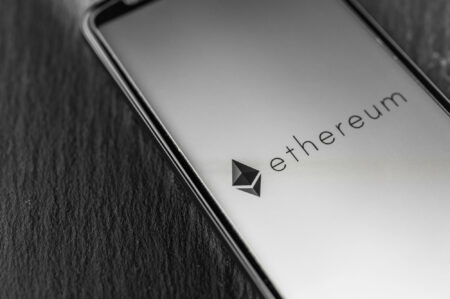The US Securities and Exchange Commission (SEC) has approved that all spot Bitcoin and Ethereum ETFs may now be redeemed "in-kind." Authorized participants (APs) are no longer required to redeem ETF shares exclusively in US dollars, but may now do so directly in Bitcoin or Ether.
By approving in-kind redemptions for all approved spot Bitcoin and Ethereum ETFs, the SEC is sending a strong signal in favor of the growing integration of digital assets into traditional financial systems. Until now, ETF shares typically had to be redeemed in US dollars, which introduced additional trading costs and inefficiencies.
New chapter for crypto ETFs
The new regulation allows authorized participants to receive Bitcoin or Ether directly in exchange for ETF shares - a practice considered more efficient and cost-effective.
Market observers see this as a significant development for the US crypto market. Institutional investors, in particular, are expected to benefit from the ability to move large volumes of crypto assets without unnecessary detours through fiat markets. At the same time, this added flexibility is expected to improve arbitrage between spot and ETF markets and reduce price discrepancies.
Competitive advantage for US market and crypto adoption
The SEC decision not only reinforces confidence in digital assets, but could also strengthen the US market in the global race for crypto innovation. While Europe and Asia had a certain head start in digital assets, the new regulation provides a location advantage for US providers and investors. Experts anticipate that trading volumes in crypto ETFs will continue to rise and attract new market participants.
This marks a major milestone for crypto adoption. By allowing settlement in native assets like Bitcoin or Ethereum, the technological foundation of these assets is respected - a long-standing demand among crypto enthusiasts.
The SEC’s decision has been widely welcomed by ETF issuers, exchanges, and crypto firms. Industry giants such as BlackRock, Fidelity, and Grayscale had previously advocated for the approval of in-kind redemptions, as this form of settlement is considered more transparent, cost-effective, and less prone to manipulation. In the long term, this decision may also help promote regulatory acceptance of other digital assets - such as in the area of tokenized securities or stablecoins.








